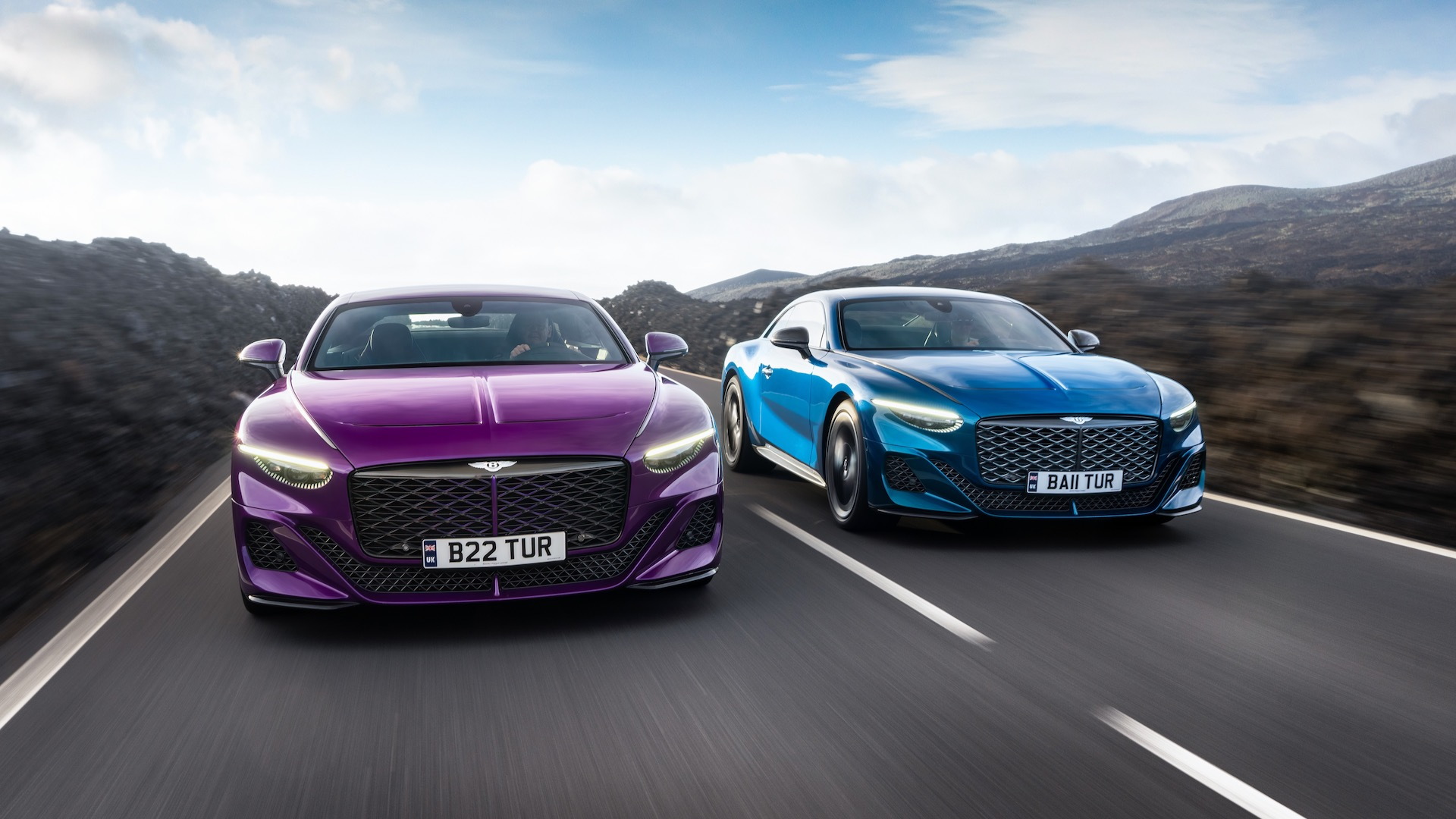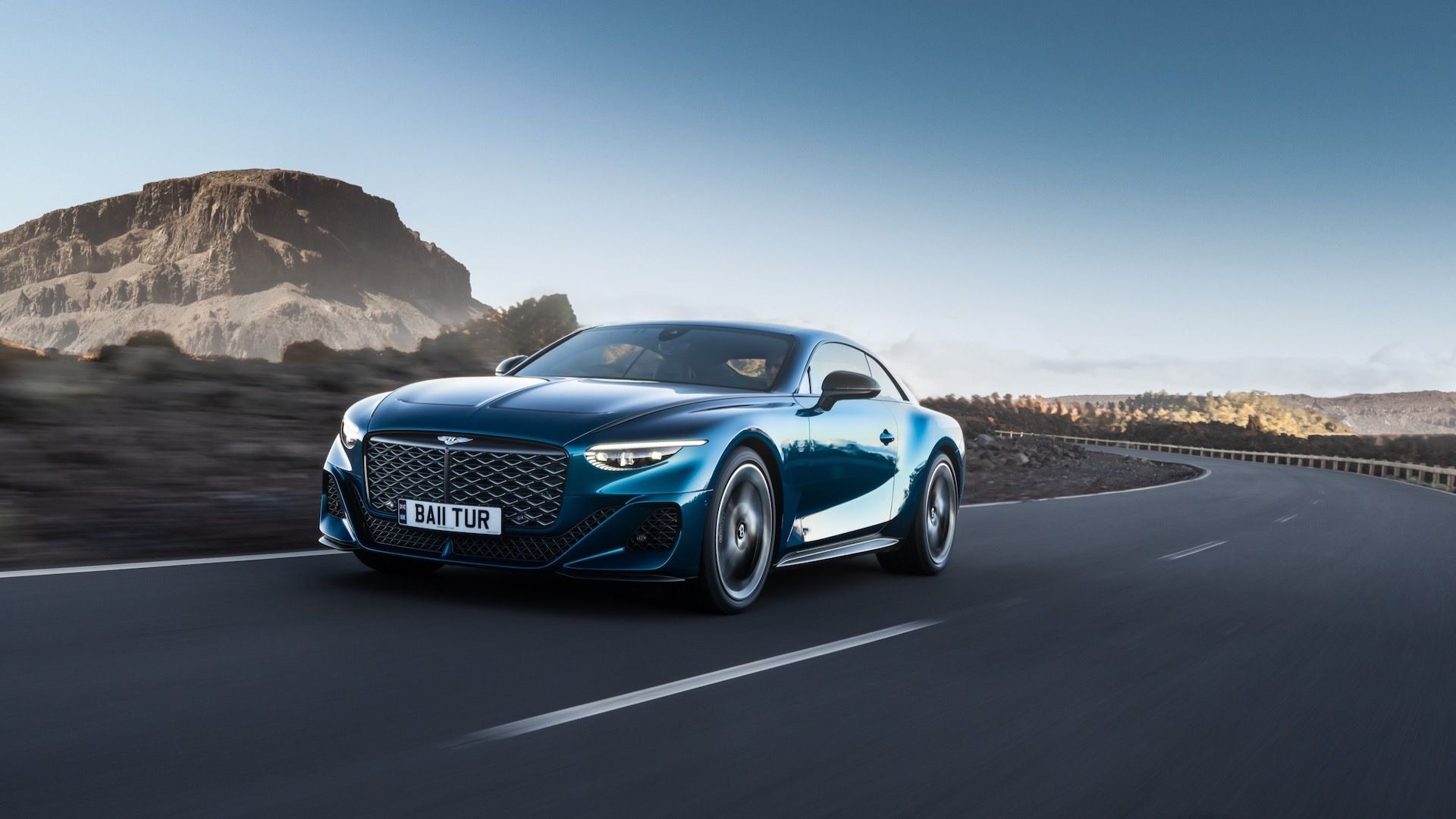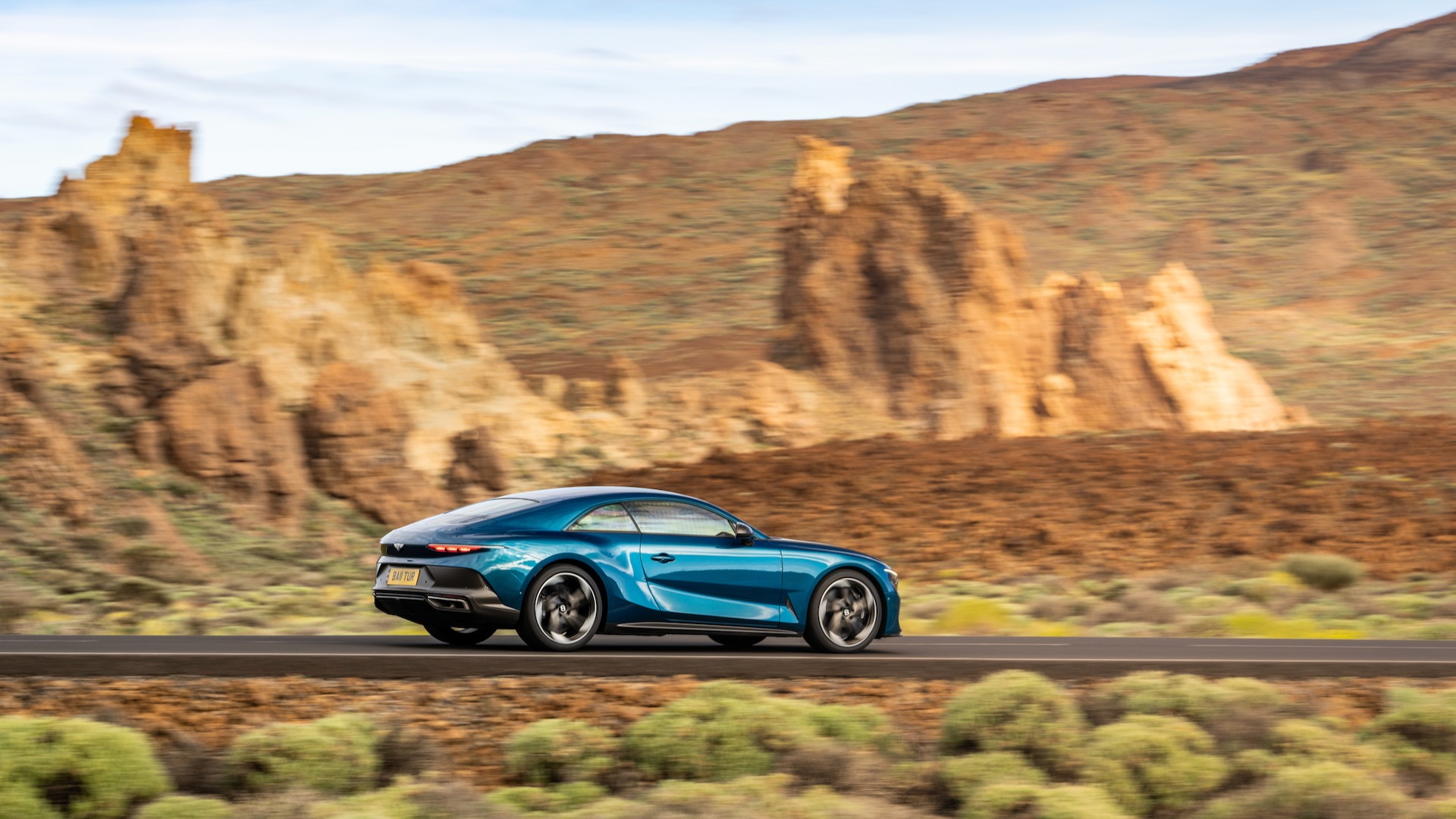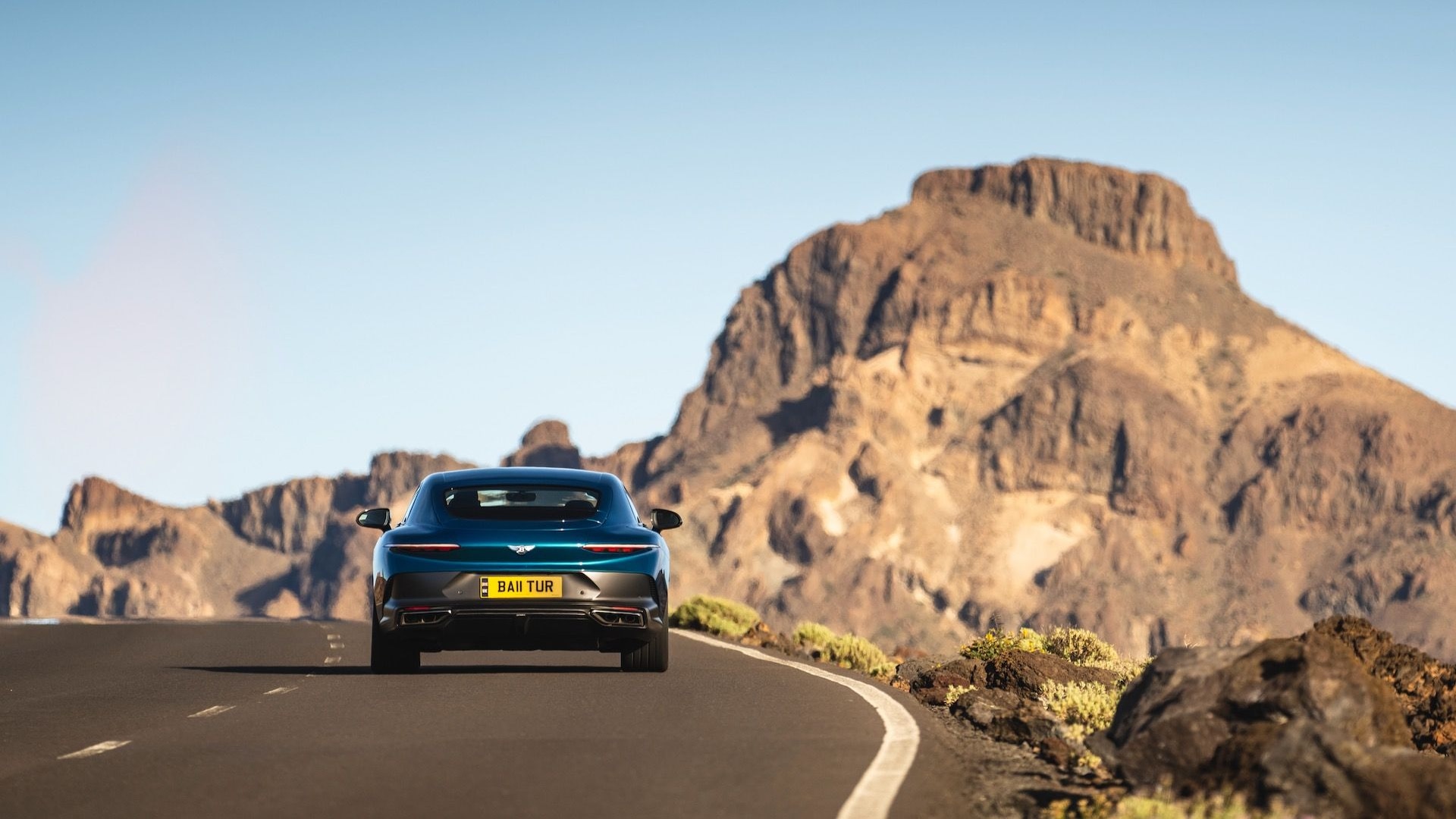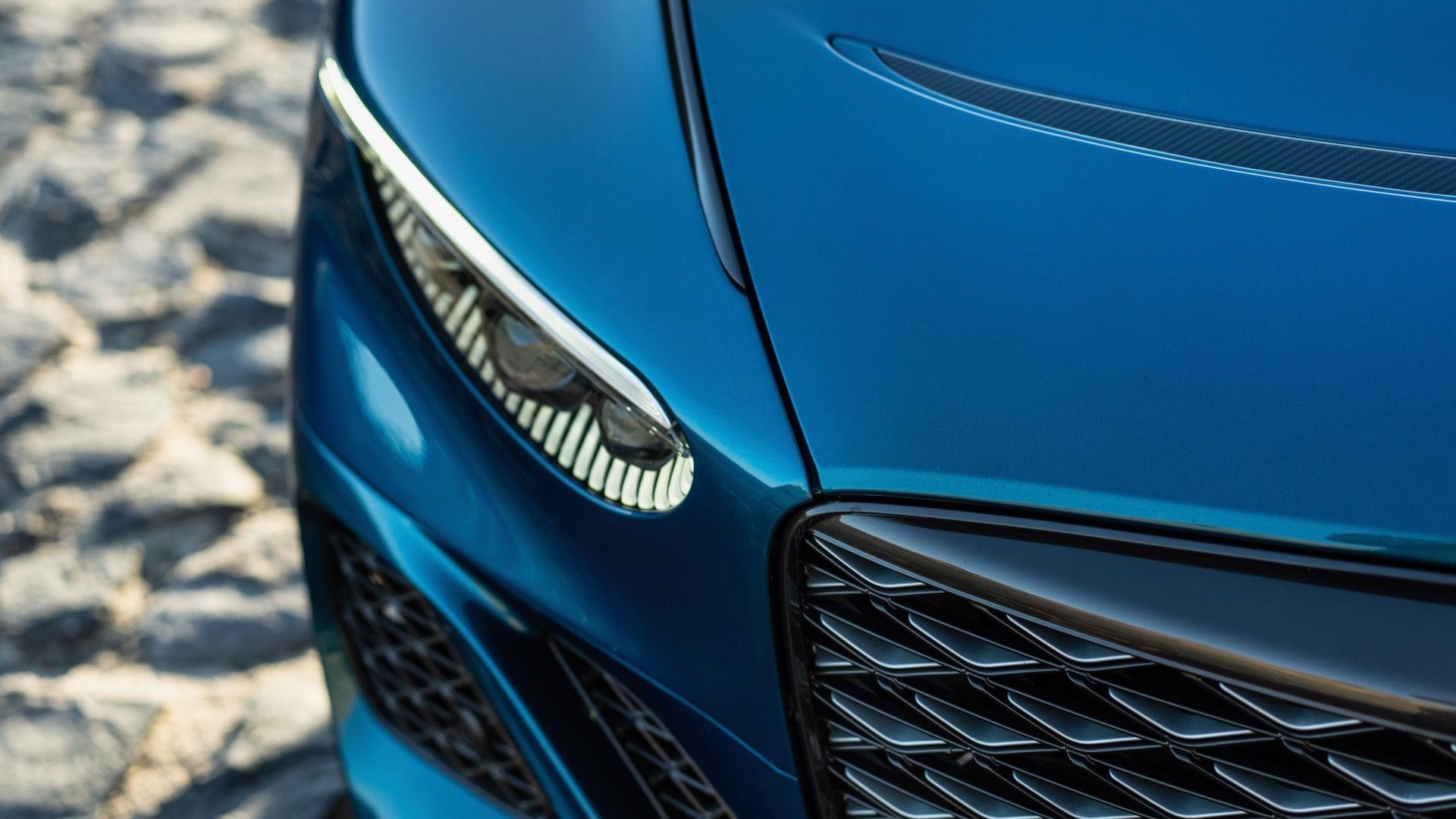Bentley announced Tuesday that development work on the limited-edition Batur coupe has been completed, paving the way for production of customer cars later this year.
Just 18 customer examples will be built, but the Batur was still subjected to a thorough development process using two test cars, dubbed Car Zero and Car Zero-Zero. The testing program, which began in late 2022, included a roughly 1,500-mile European tour, high-speed testing at up to 200 mph, and more than 600 hours of solar loading—equivalent to five years in the Arizona desert.

Bentley Batur testing
Unveiled during the 2022 Monterey Car Week, the Batur follows the Bacalar convertible in Bentley's line of coachbuilt special projects and serves as a bridge between Bentley's internal-combustion past and electric future. It's based on the Bentley Continental GT Speed, but its styling previews future electric models, the first of which is scheduled to launch in 2025.
Because it's based on the Continental GT Speed, the Batur uses Bentley's familiar twin-turbo 6.0-liter W-12. For the Batur, it's tuned to produce 730 hp and 740 lb-ft of torque, making this the most powerful road-going Bentley ever. That added power comes from a new air intake, modified turbochargers, and revised intercoolers. Testing these modifications, along with new calibrations for the transmission and stability control, involved more than 100 weeks of development time, according to Bentley.

Bentley Batur testing
Bentley also sought to update its traditional hand-crafted approach with sustainable materials, such as natural fibers, as well as 3D-printed gold interior trim. In what Bentley claims is an auto industry first, up to 210 grams of 18-carat gold made from recycled jewelry is used for the drive mode selector, vent controls, and steering-wheel insert. These pieces were also thoroughly tested, involving everything from thermal loading to resistance to sunscreen.
All 18 Batur production cars have been spoken for. Bentley expects each car to take around four months to complete, with the last one expected to be completed at the end of 2024.
